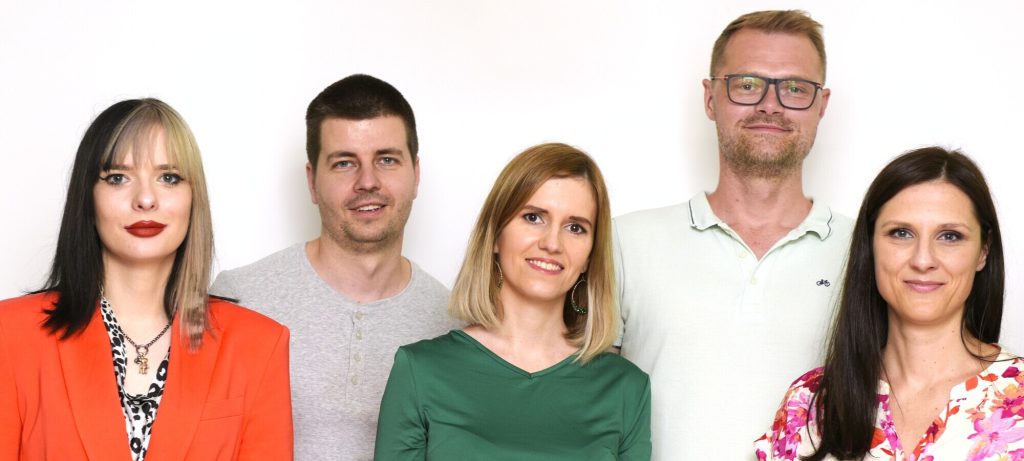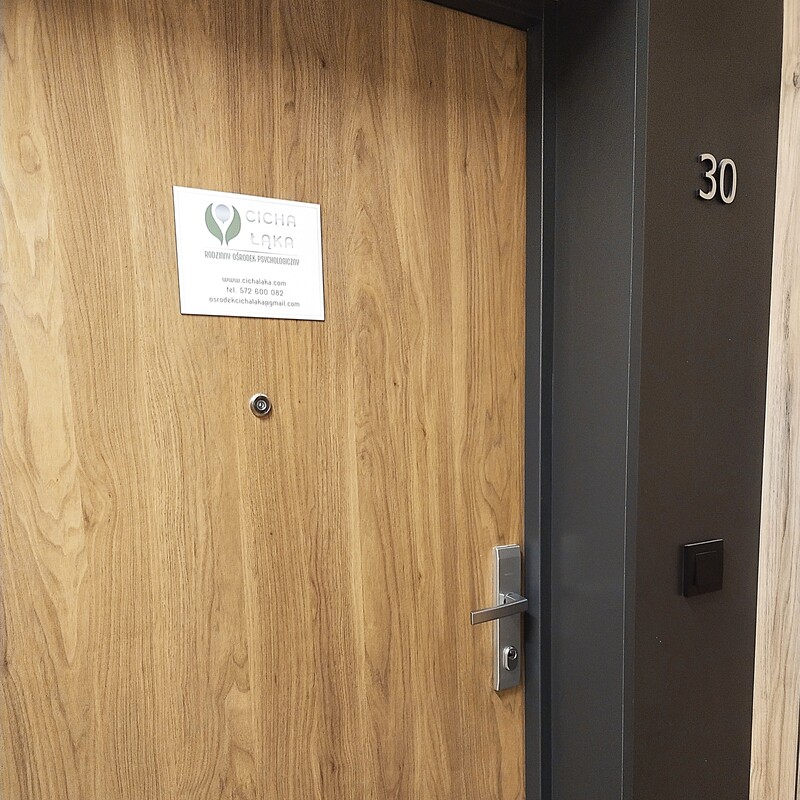Where psychology and spirituality meet
The Transpersonal Dimension of Therapy
When Words Are Not Enough
Sometimes, a different kind of silence fills the therapy room. A client looks into the distance, as if searching for words to describe something beyond language. “It was… bigger than me,” they finally say. It’s not a symptom of a disorder or an ordinary dream. It’s an experience that escapes definition – a deep meditation, a brush with death, a psychedelic insight, or a sudden sense of oneness with the world. In such moments, psychotherapy becomes more than a conversation. It turns into a space where even the ineffable can be held.
At Cicha Łąka in Piaseczno, we create a place where these experiences can be welcomed and understood – where spirituality, whether rooted in traditional religion, indigenous practice, or one’s own personal searching, is not a taboo but a part of the human journey toward meaning and healing.

Psychology and Spirituality – Two Languages of the Same Path
In the world of therapeutic services, we often encounter a divide: some trust only in science, reducing certain experiences to symptoms of psychopathology; others tend to interpret diverse states in spiritual or metaphysical terms, overlooking the context of a person’s life story. However, most people who come for help find themselves somewhere in between – trying to connect what they experience with what their mind can comprehend.
At Cicha Łąka, we don’t take sides. We believe that a person needs both understanding and meaning – conversations about emotions, and the silence in which something deeper can be heard. In this meeting of science and spirituality, a space opens up where genuine change can take place.
We believe that psychotherapy and spirituality often meet on the same path – where a person seeks to know themselves more deeply. Some come with pain, others with questions about meaning. Sometimes what begins as a conversation about emotions leads toward something greater – a sense of connection with one’s inner world, with nature, with consciousness itself.
In our practice, we try to bring these worlds together. On one hand, our work is grounded in psychological knowledge and evidence-based therapeutic methods; on the other, we remain open to what cannot be captured by tests or diagnoses. We are not afraid to talk about spirituality when it becomes part of a client’s experience, while respecting each person’s beliefs and practices.

For some, it is meditation or prayer; for others, a vivid dream, a moment of silence in the forest, or a sense of connection with someone or something greater; and for others still, an encounter with a substance that has psychedelic effects. What matters is not what we call it, but how we understand it – and how we can help it bring meaningful insights into life.
Our specialists draw on different paradigms – from the biological (a psychiatrist) through integrative (most therapists) to transpersonal (Tomasz Kwieciński, trained in this approach) – yet we share a common stance: curiosity, respect, and professionalism. Thanks to this, the spiritual dimension of therapy does not drift into esotericism, but remains a natural part of holistic growth.
Exploring Transpersonal Experiences in Therapy
Therapeutic sessions involve such conversations more often than one might expect.
- One client, having left a job she had held for eighteen years, describes feeling uncertain about who she is. Part of her feels lost, another part feels awakened – as if she has reconnected with a forgotten piece of herself, the person she was before living according to others’ expectations. In this in-between space, curiosity coexists with anxiety and confusion.
- Another client speaks of a psychedelic journey that challenged his previous beliefs. He recalls insights into a deeply buried sense of ancestral guilt, but also the difficulty of returning to everyday life, where no one understands what he has experienced.
- There are also those who, after a near-death experience, feel that something within them has shifted – they can no longer live as they did before, yet they do not know how to deal with this change.
In such situations, we do not rush to mystical interpretations, nor do we make hasty diagnoses. Instead, we aim to accompany the person, helping them find a language for what has occurred and make sense of it in the context of their own story.
New Directions in Psychiatry – Embracing Openness in Care
At our center, the psychiatrist also takes a holistic approach to patients. Magdalena Skrzypek is a physician open to discussing a wide range of experiences – including those that are difficult to capture within the framework of conventional medical language. She does not confine herself to rigid interview structures, but seeks to understand the whole person – with their emotions, personal history, spiritual seeking, and experiences that may have a transpersonal nature. She combines a biological approach with the belief that a person is more than just their neurochemical makeup, and that the healing process can also be transformative. In her practice, she embraces modern treatment methods, such as esketamine therapy, which fit into this broad, integrative view of recovery.

No Dogma, No Taboo
At Cicha Łąka, we do not promote any ideology or impose ready-made answers. We believe that personal growth begins where one can speak in their own language – even when addressing matters that are complex, subtle, or beyond conventional definitions. We create a space for dialogue, not instruction; for understanding, not persuasion. That is why conversations about spirituality, meaning, or liminal experiences do not evoke distance or embarrassment here, but instead become part of an authentic therapeutic connection.
A Safe Space for Integrating Experiences
Openness, as we offer it, does not mean the absence of boundaries. On the contrary, it is grounded in professionalism and responsibility. All discussions about transpersonal experiences take place within safe psychological frameworks and with respect for professional ethical standards.
If someone has gone through psychedelic or mystical states, such as:
- deep meditation or a sense of oneness with nature,
- near-death experiences (NDE),
- spontaneous states of expanded consciousness, visions, or insights,
- transformative experiences with psychedelic substances,
- feelings of loss or dissolution of the self, a connection with something greater,
- experiencing thoughts, emotions, or energies that feel unfamiliar or external,
- periods of confusion, spiritual crisis, or a sense of lost meaning,
intense dreams or symbolic experiences that seem to carry a deeper message,
they can share them freely without embarrassment or concern. We help people understand the meaning of these experiences and integrate them so that they become part of their personal growth – rather than a source of anxiety or confusion. At the same time, we remain sensitive to the fact that not every unusual experience is transpersonal; some may indicate underlying mental health issues that require specialized care. This allows the extraordinary to be embraced within a meaningful and supportive psychological framework.
Your Own Path
Every person carries their own story – at times calm, at times turbulent, and at times touching experiences that defy words. We believe that psychological and spiritual growth often intertwine, guiding us toward greater awareness.
If you are from Piaseczno, Józefosław, or the surrounding area and feel that your experiences – mental, emotional, or spiritual – are calling for understanding, here you can find the right doors to welcome them. Cicha Łąka is a place where you can make sense of these encounters, share them freely without judgment, and explore your path in a sense of safety, with sensitive support and respect for your individual pace.

Check out our Facebook page for more news!